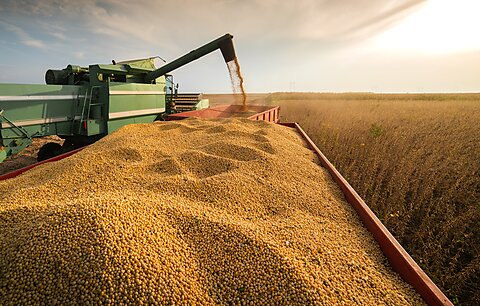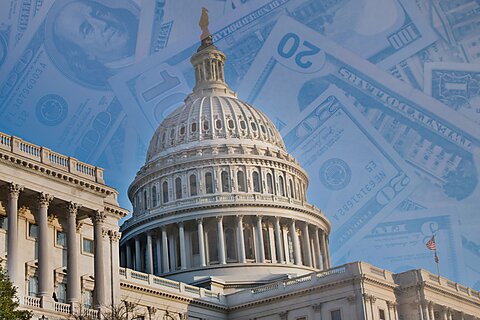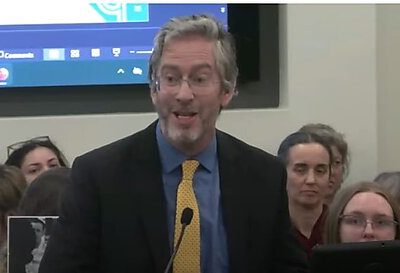
The Trump administration’s ham-fisted trade wars mean higher input prices and reduced American farmers’ access to export markets. Agricultural interests and their lobbyists have been petitioning the White House for relief, including exemptions on imported fertilizers, expanded regulatory privileges, and good old-fashioned cash handouts.
The following are recent examples.
A letter from the Almond Alliance initially commends Trump’s “efforts to address trade balances and ensure that American businesses compete on a fair and level playing field.” The letter then outlines the disadvantages that almond exporters still face because of retaliatory tariffs imposed by countries during Trump’s first-term trade wars. It then expresses appreciation for the 2018–19 taxpayer bailout and, pretty please, asks that the process for future bailouts be reformed to merely make the money flow quicker.
Soybean farmers were the hardest hit by the first Trump trade war with China. Their market share never returned to pre-trade war levels as Chinese importers turned to Brazil and other countries. Now, soybean exports to China are predictably plummeting. The American Soybean Association says it would prefer export market access to taxpayer handouts. Still, it wants the government to boost renewable fuel-blending requirements to artificially goose soybean demand—a regulatory handout.
The previous tariff exemption process was a swampy lobbying fest and “bona fide Beltway jobs program.” There isn’t a process for the current mess yet, but “car companies, toy manufacturers, farmers, retail groups and others … are all ramping up their lobbying of the administration to press for carve-outs and assistance.” The American Farm Bureau Federation recently claimed that exceptions for some fertilizer products “were hard fought for by agricultural organizations … a testament to the effectiveness of farmers’ and ranchers raising their collective voice.” Good for them, but regular Americans possess no such clout.
It is understandable that agricultural interests are seeking federal relief from federal trade misadventures, and this warrants some sympathy. But while the president’s second-term tariffs have been considerably larger in scope and scale than those of the first term, Trump’s underlying agenda was no surprise.
Agricultural interests knew what they were getting if Trump returned to the White House. Yet, an analysis of farm-dependent counties showed overwhelming support for Trump in the 2024 presidential election. In fact, his support from farming communities was higher than in 2016 and 2020.
Other factors, such as Kamala Harris’s left-wing cultural stances, could certainly have led farmers to support Trump regardless. But it’s hard to believe that the $23 billion Trump “rewarded our farmers” to compensate them for the loss of exports in his first term wasn’t, to some degree, a successful purchasing of votes with taxpayer money. That “reward” covered almost the entire dollar amount farmers lost in lower exports.
Agriculture Secretary Brooke Rollins recently reiterated that the White House is preparing for another bailout. This time, the price tag stands to be considerably larger. As one sorghum and cotton farmer told the Wall Street Journal, “We hope there will be a bailout .… If we don’t get something, it will be quite a disaster.”
H.L. Mencken famously said that “Democracy is the theory that the common people know what they want, and deserve to get it good and hard.” Agricultural interests are once again facing the unpleasant consequences of Trump’s destructive trade policies. However, lessons will remain unlearned if they continue to be spared from the consequences. As such, there should be no exemptions, regulatory breaks, or other compensation packages courtesy of taxpayers.










